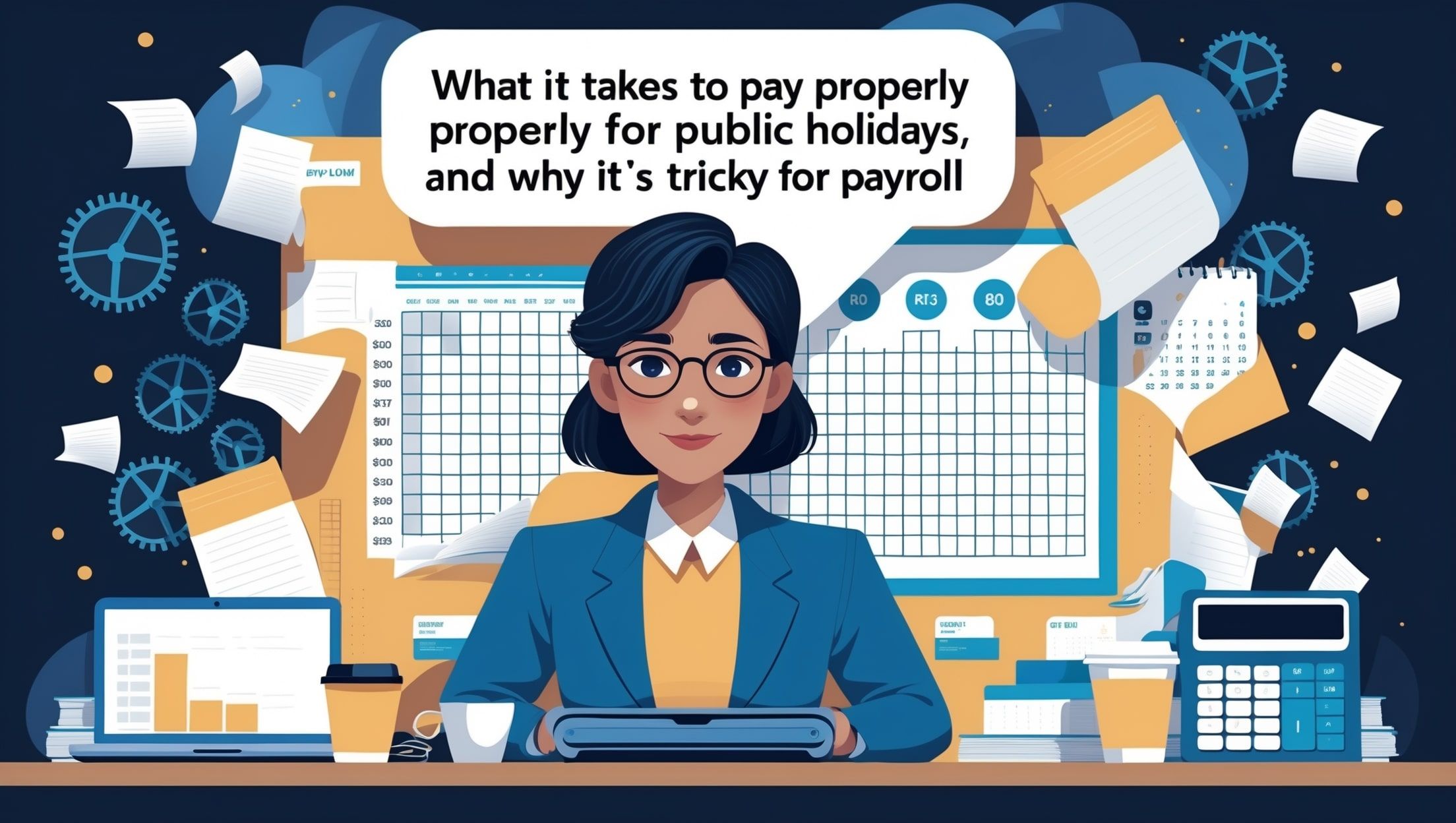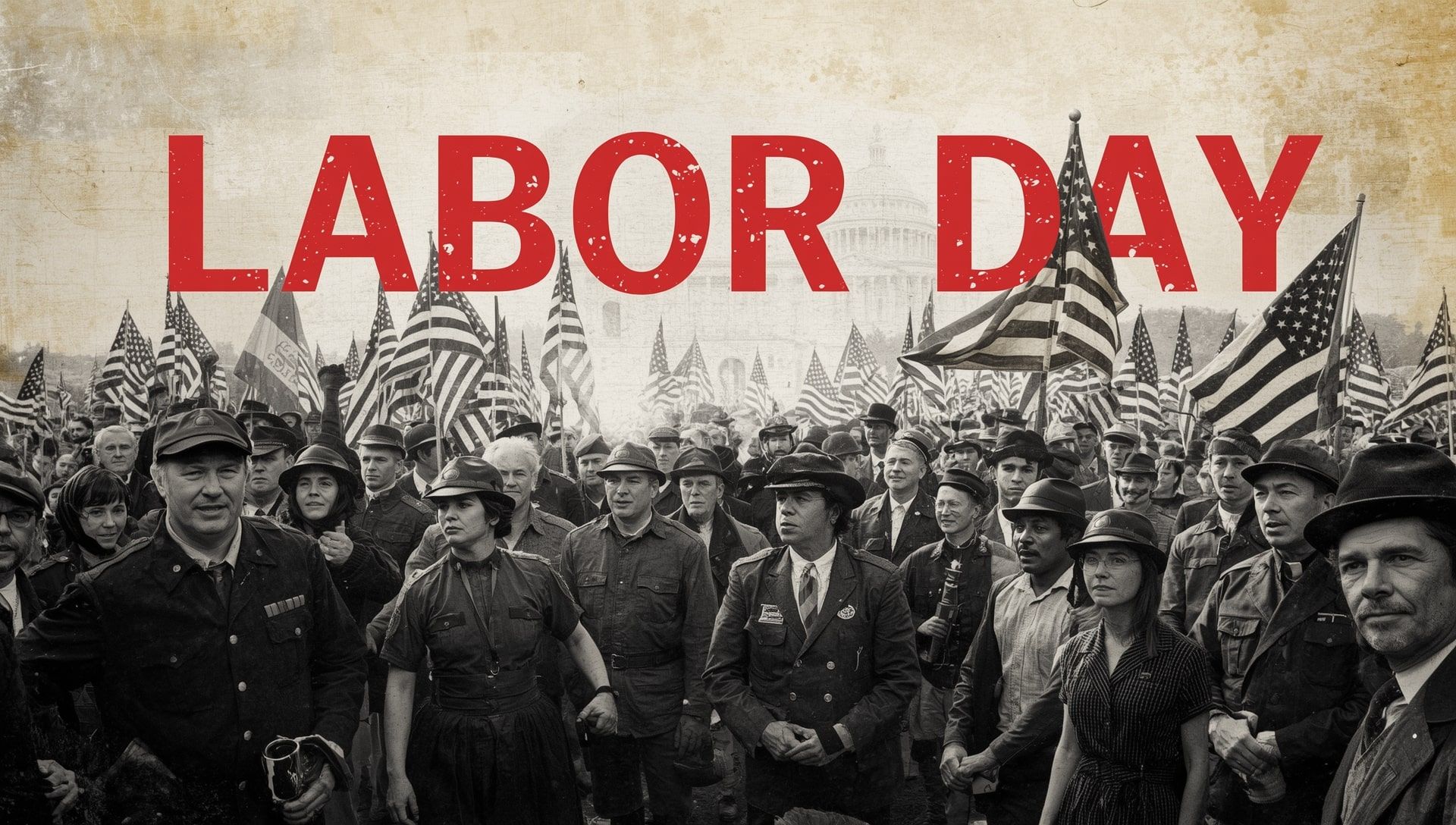Paying employees correctly for public holidays should be simple; day off, full pay, done. But in reality, it's one of the messiest parts of payroll. Different contracts, hours, and holiday rules can turn a single public holiday into a compliance headache. Whether you’re running a small business or managing a national payroll team, getting it right isn’t just about money, it’s about staying legal and fair.
Why public holiday pay is more complicated than it looks
At first glance, it seems easy: if someone gets the day off for a public holiday, you pay them as usual. If they work, you pay extra. But it’s rarely that straightforward.
Here’s why it gets tricky:
- Some employees are full-time, some part-time, some casual
- Not all public holidays apply everywhere (especially in large countries like Australia or the U.S.)
- Rules vary based on awards, enterprise agreements, or local law
- Shift workers may get substitute days instead of higher pay
Each variation can change how much someone gets paid, or whether they get anything at all. Many payroll professionals also cross-reference with regional country-specific regulations to stay aligned with compliance requirements.
What payroll teams need to consider
To handle public holiday pay correctly, payroll needs to track:
- Who’s entitled to public holiday pay under their contract or award
- Who actually worked the public holiday and for how many hours
- What penalty rates apply (like 1.5x or 2x pay)
- Which locations were observing the holiday (not all sites may be closed)
- Any substitute days that were taken in place of the holiday
That’s a lot of moving parts, especially for businesses with staff in multiple states or time zones. Keeping an updated map of time zone differences can help avoid confusion for distributed teams processing payroll across regions.
Common mistakes that cause problems
Even experienced payroll teams can slip up. Here are a few things that often go wrong:
- Assuming casual workers always miss out on public holiday pay
- Applying the wrong pay rate for a public holiday shift
- Forgetting to apply a substitute day when someone works on the holiday
- Overlooking local holidays that apply only to certain locations
- Misinterpreting enterprise agreements or union rules
Small errors can lead to wage theft claims, underpayments, and unhappy staff. Not ideal. Teams can stay ahead by cross-checking with their work calendar and ensuring local observances are correctly marked.
Why part-time and casual workers add extra complexity
For full-time staff, holiday pay is usually guaranteed. But for part-time or casual workers, it often depends on whether they were scheduled to work that day. That means employers need to track rosters carefully and understand the rules about “reasonable expectation of work.”
In some cases, if a casual employee wasn’t rostered, they won’t be entitled to pay. But if they were, they may be owed the full public holiday rate, even if they didn’t end up working. This can get more complicated in regions that follow specific holiday systems or local observances, such as when different states observe different dates for the same celebration.
Tips for getting it right
Here are a few ways to make public holiday payroll easier:
- Use software that tracks employee types, locations, and award rules
- Double-check rosters against actual work logs
- Keep local holiday calendars updated across all sites
- Train payroll staff on interpreting contracts and enterprise agreements
- When in doubt, get legal or HR advice; especially for grey areas
Payroll tools that integrate with an event planner or company scheduling platform can also help prevent oversights by syncing rosters and leave data automatically. Some even include time zone converters to simplify cross-border scheduling.
Paying right builds trust
Public holiday pay isn’t just a technical task, it’s about trust. Staff notice when they’re paid fairly, and they also notice when something’s off. Getting it right keeps you compliant, yes, but it also keeps your team motivated and respected.
And in payroll, where details matter every day, that's worth more than any holiday bonus. Regularly checking your world clock settings and ensuring synchronized systems across branches helps maintain accuracy in global payroll operations.









